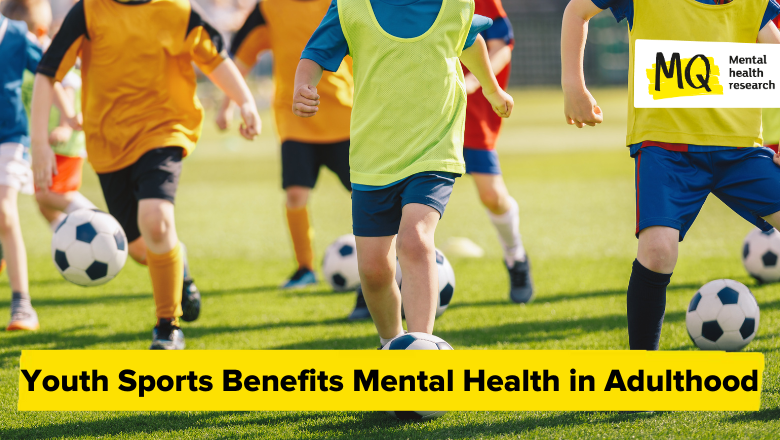A new study from Ohio State University reveals that adults who consistently played organized sports during their childhood have fewer symptoms of anxiety and depression than those who either never played or dropped out. Notably, those who dropped out of sports had poorer mental health than those who never participated at all.
The research, published in the Sociology of Sport Journal, analyzed data from 3,931 adults nationwide, focusing on their childhood sports participation and current mental health. Results showed that continuous participation in sports was linked to lower depressive and anxiety symptoms, while those who dropped out reported the worst mental health outcomes.
Professor Chris Knoester, the study’s senior author, emphasized the mental health benefits of sticking with sports, noting that most children drop out because they don’t have fun or feel inadequate.
“If you play and stick with sports, it’s a positive for your mental health, but if you play and drop out it seems to be negative — and most kids drop out”.
Lead author and assistant professor, Laura Upenieks, pointed out that the reasons for dropping out highlight the need to improve the youth sports environment to make it more inclusive and enjoyable.
“Our findings about why kids drop out of organized sports suggests that the current environment is less than ideal for everyone, and that the barriers to participation need to be given greater attention”.
Common reasons for quitting included not having fun (45%) and feeling not good enough (31%). Other factors included focusing on grades, health issues, financial constraints, and interpersonal conflicts. Importantly, those who dropped out due to interpersonal reasons, such as abuse by a coach (8%) or not getting along with team members, had worse mental health outcomes. However, those who left to prioritize education showed better mental health as adults.
The study underscores the importance of creating a positive and supportive sports environment for youth. Encouraging fun and inclusivity, rather than an overemphasis on winning, can help sustain participation and support long-term mental well-being.
Chris also added,
“Our results suggest that by taking away the fun and making kids feel they aren’t good enough, there could be cascading effects in terms of hurting self-esteem and confidence that could reverberate through to adulthood.”
Read how we can support more children with their mental health.







